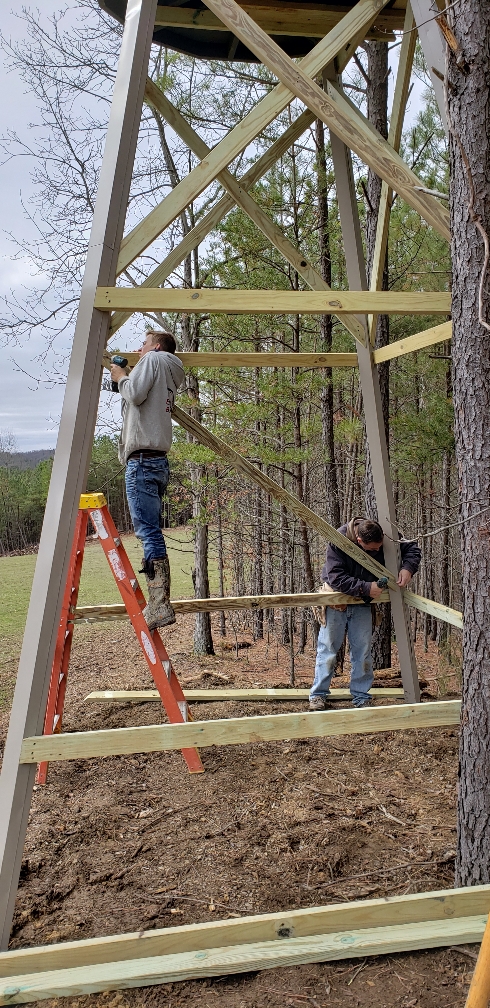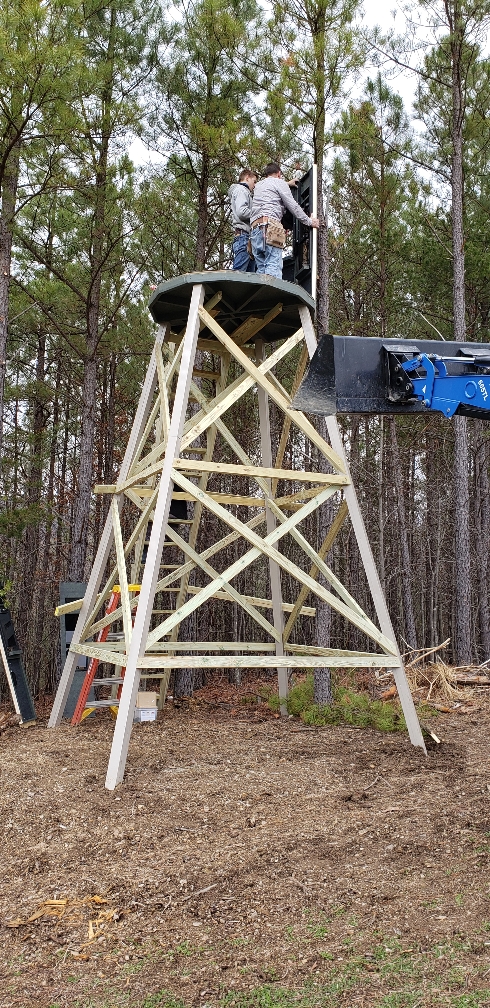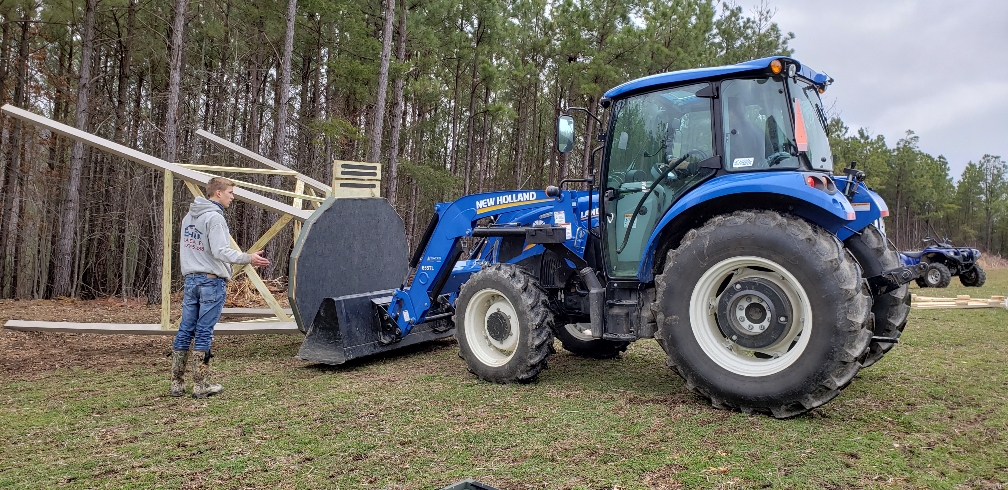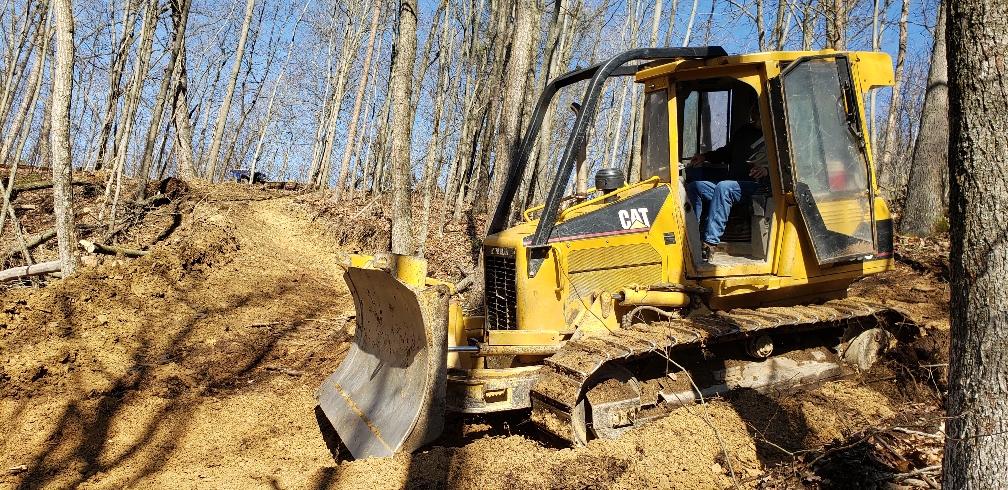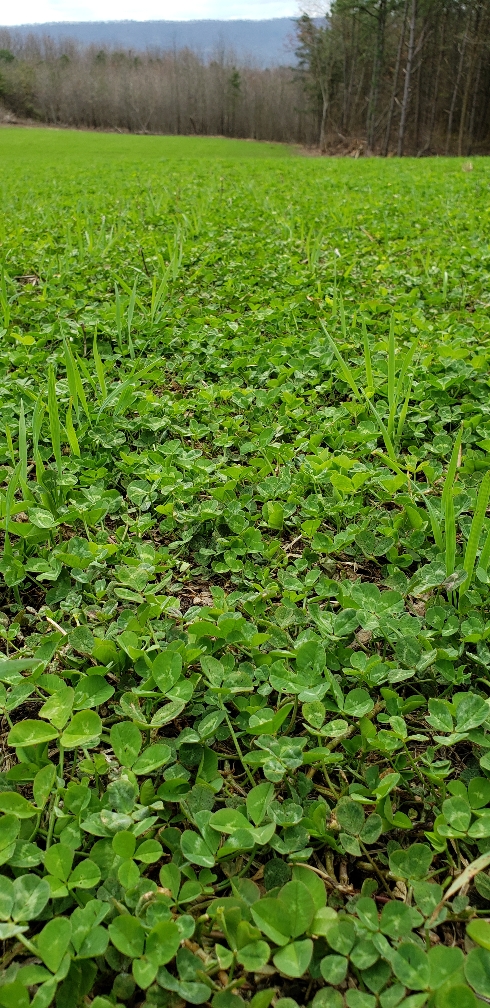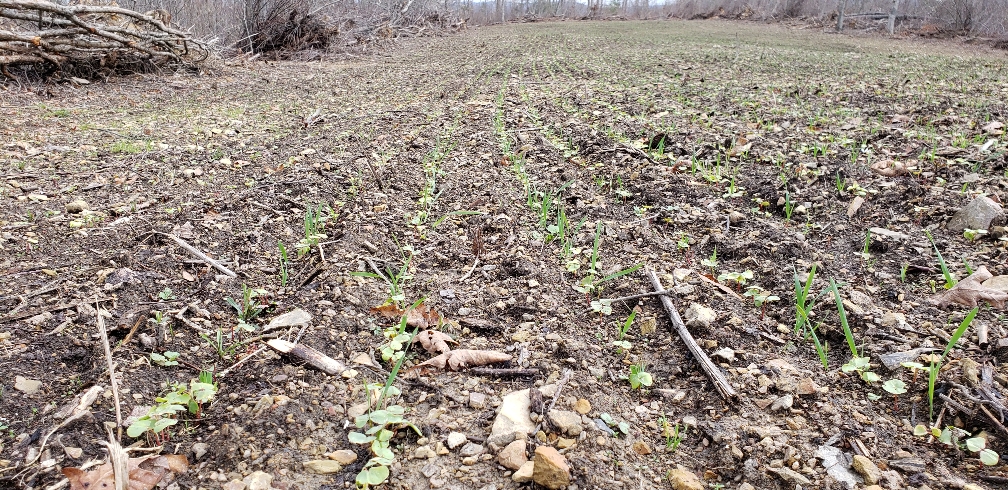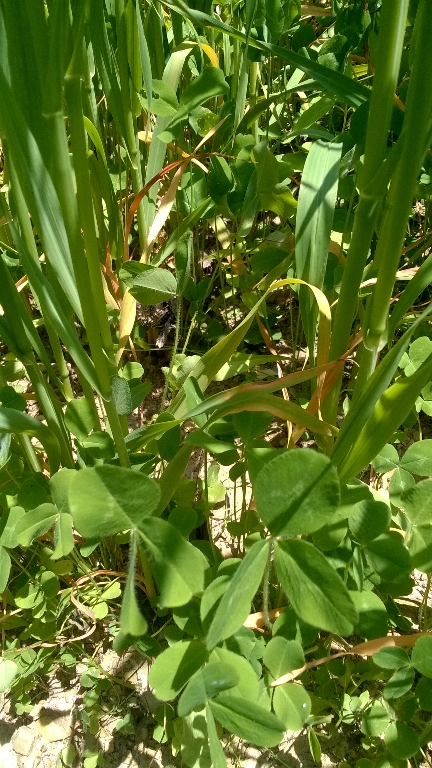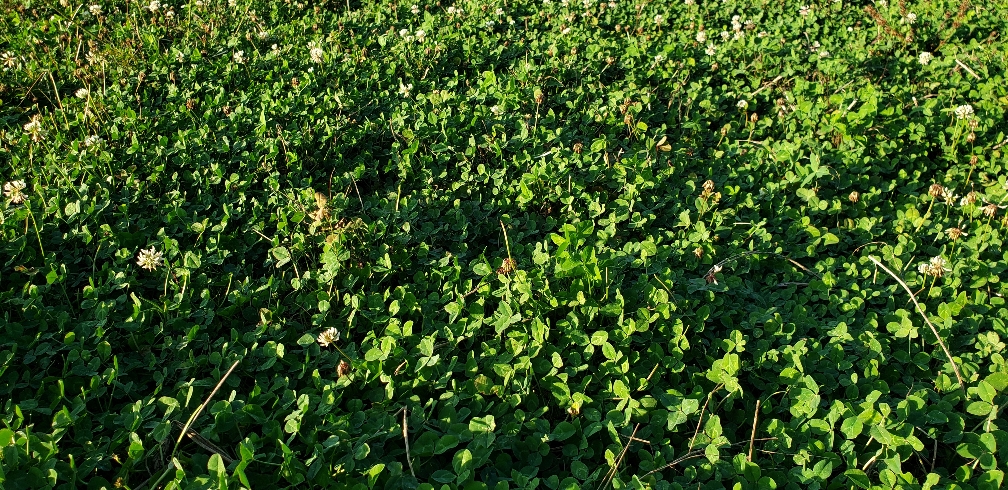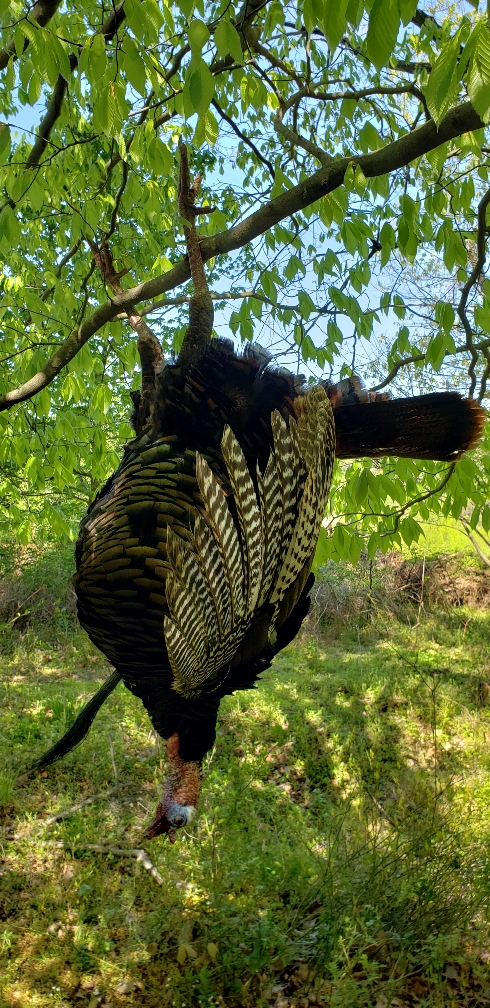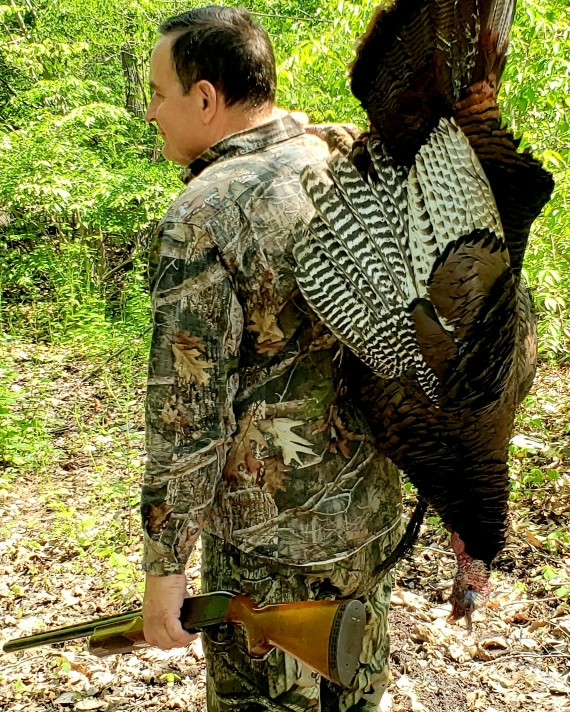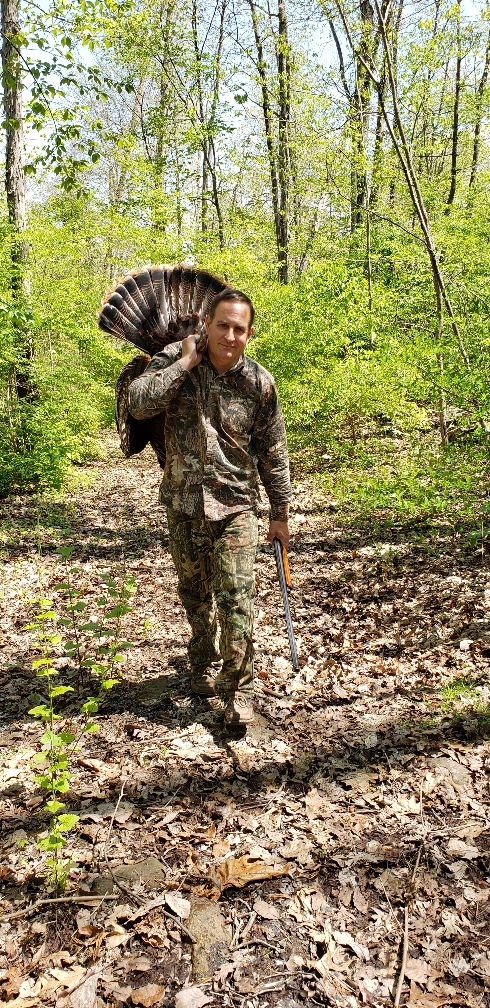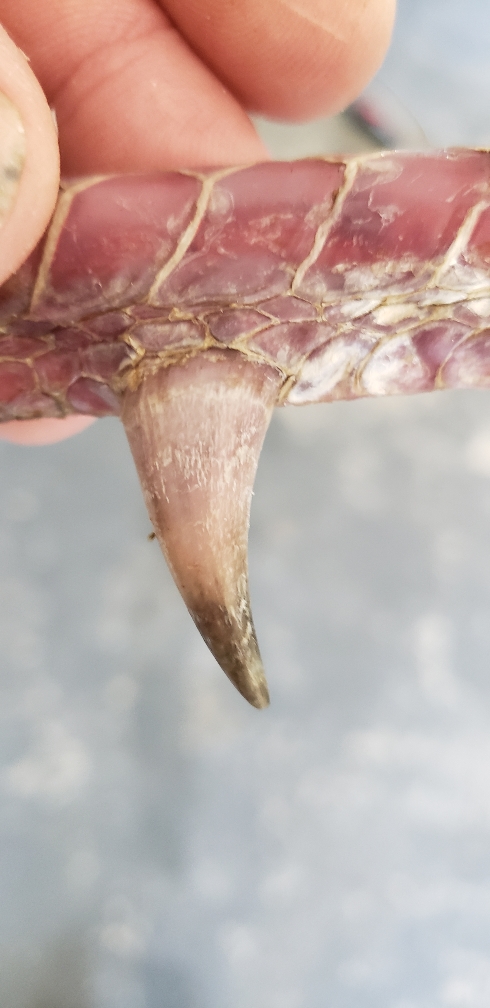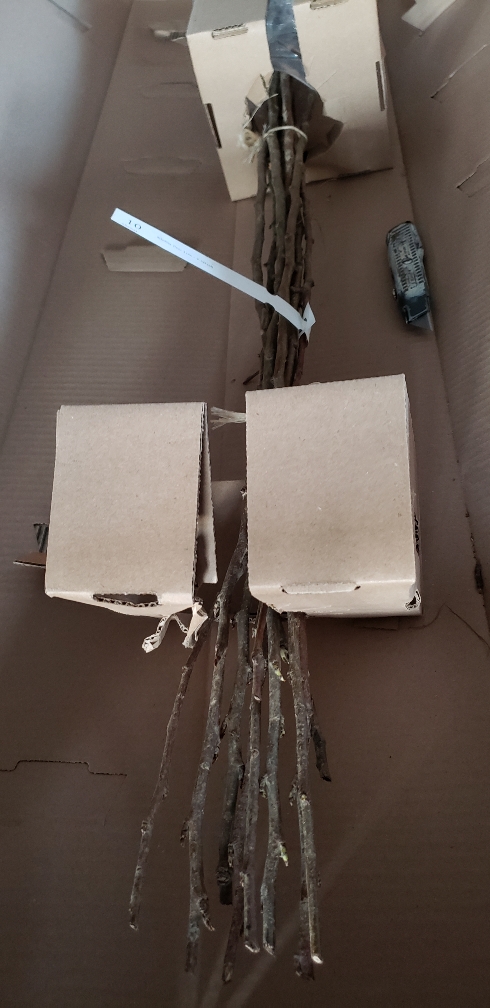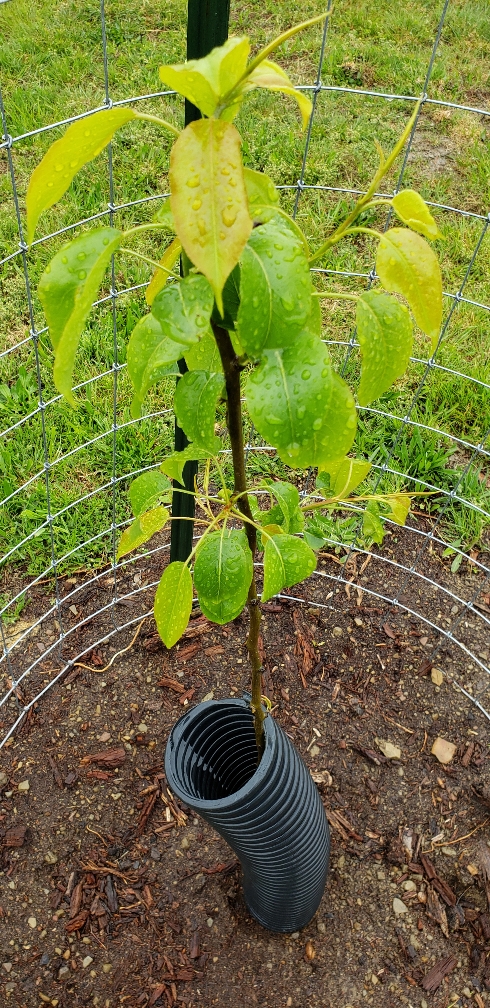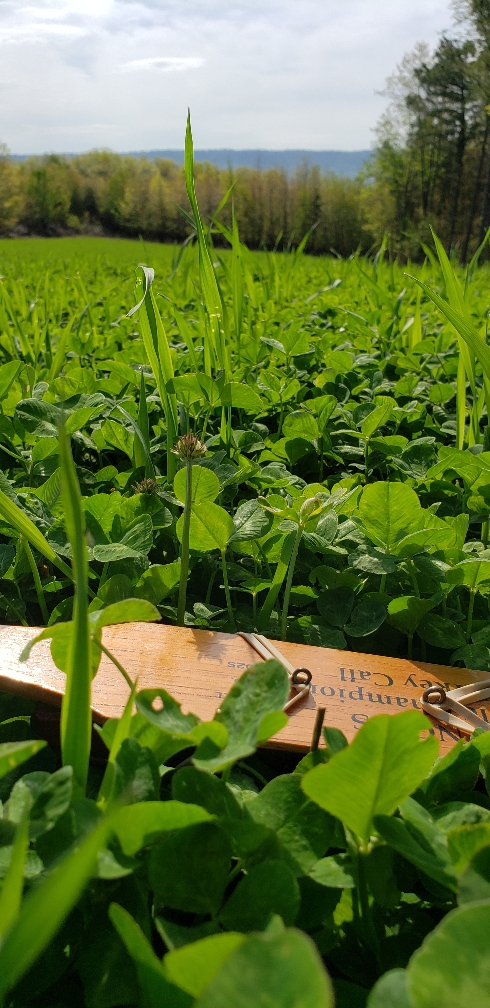For a wildlife plot "established clover" can somewhat be treated as a base, where other things are grown in it at different periods, all the while keeping the clover alive and producing. If this method were useful in general agriculture I think there would be a lot more information available on what works and what doesn't work, but since it doesn't have much practicality in farming circles there's no testing out there.
Several do's and don'ts; I tried broadcasting and that hasn't worked well for me, if the clover's dormant in hot weather there's barely enough moisture available to start the broadcast seed, and if the clover is growing strong in wetter seasons, the broadcast seed struggles to outgrow the clover because broadcast seed is a little slower to establish, so I'd consider some type of drill as being essential to interseeding into existing clover.
Number two, drilling into a thick stand of clover that's growing well without mowing doesn't work well.
Number three, crops that take a lot of energy to grow, like corn, don't do well no-tilled into clover. I experimented with this and the corn came up well, but was stunted and didn't thrive, and it had no ears beyond a few small nubbins.
Number four, herbicides can be a problem, the best weed control sprays available for clover create a longterm residual carryover that doesn't work well for interseeding brassicas and grains into clover. Especially Imox and Imazethapyr (Raptor and T
hunder) have a residual of up to 18 months on certain small grains and brassicas. So that has to be taken into consideration. Interseeding an allelopathic like rye or oats might reduce that need for herbicides and that's what I'm testing right now.
A list of allelopathic plants that will kill other plants that compete with them;
- Ailanthus (Tree-Of-Heaven)
- Aster
- Barley
- Bearberry
- Brassicas (All to varying degrees)
- Buckwheat
- Canada Thistle
- Cedar
- Corn (specifically corn gluten)
- Cucumber
- Dog Fennel
- Elderberry
- Eucalyptus
- English Laurel
- Ferns
- Foxtail (Yellow and Giant)
- Forsythia
- French-type Marigold
- Garlic mustard weed
- Goldenrod
- Johnsongrass
- Juniper
- Kentucky Bluegrass
- Nutsedge
- Oats
- Oregano
- Rye
- Rosemary
- Quackgrass
- Ragweed
- Rhododendron
- Sorghum
- Sugar Maple
- Sumac
- Sunflower
- Tall Fescue
- Walnut
- Wheat
